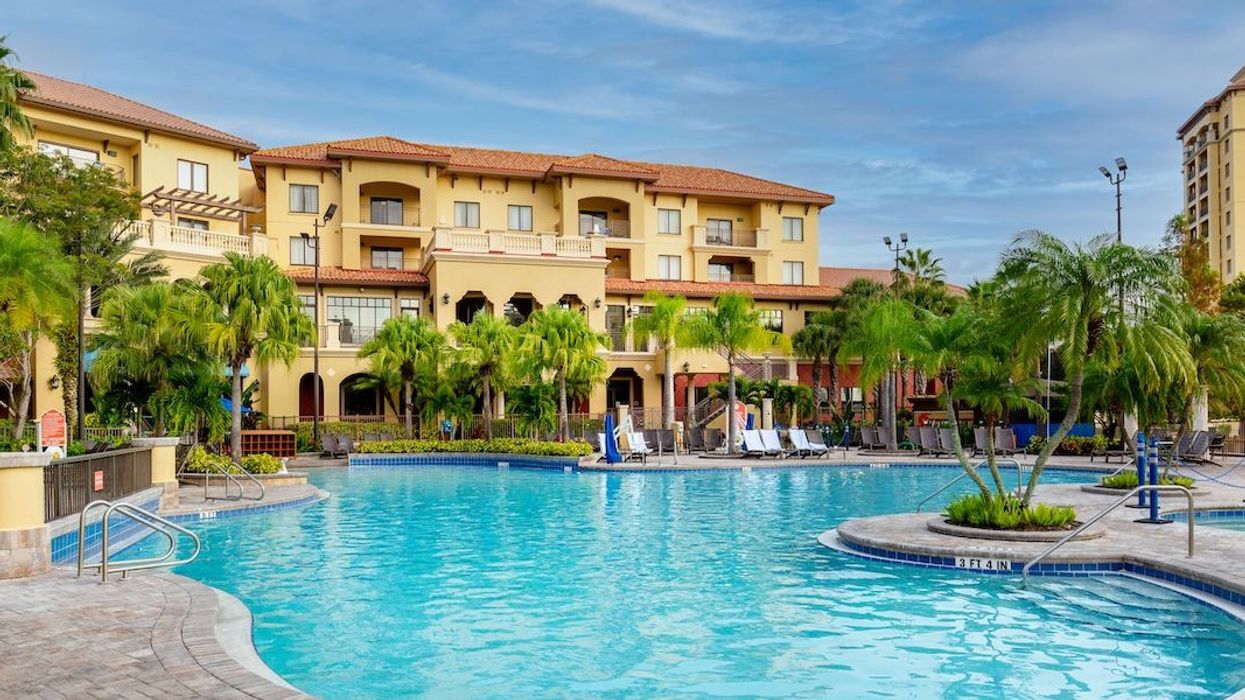"It's kind of like a hybrid of Airbnb meets Expedia, or Booking.com."
That's the way Mike Kennedy, cofounder of KOALA, describes the online marketplace, which serves to introduce timeshare owners to those seeking short-term rentals.
Connecting travellers -- those, according to the website, "who want great vacations with exceptional value -- with owners "who want to earn money from time that they can’t use," the Brooklyn, New York-based portal allows two parties who may otherwise never cross paths to link up, safely and securely, to complete their desired transaction.
While working in the timeshare industry, Kennedy became closely acquainted with the problems that timeshare owners were facing. Read: individuals slow down or stop travel, kids go off to college, or -- unlikely as it may be -- a pandemic puts the pause on typical vacation plans for the foreseeable future.
(Sure, that last one may be unlikely, but anything's possible, right?)
READ: Top Realtors Predict What 2021 Has in Store for the Toronto Real Estate Market
"When [owners] were done using this product that they spent a lot of money on -- and are continuing to spend a lot of money on annually -- there were no options for them to alleviate that financial pressure," Kennedy explains. "There weren't easy ways to sell it, their kids didn't typically want it; the younger generations don't really connect or resonate with buying into these longer term contracts, so there was just no real alleviation for them."
And while most of these owners were entitled to renting out their spaces, doing so wasn't an easy feat. Kennedy describes the task, or attempts at it, as "antiquated," "low-key," and "Craigslist-style," with individuals handling rental contracts, writing cheques, and sending PayPal information back and forth.
"It's so silly to me that that is the way, in 2020, people are transacting."
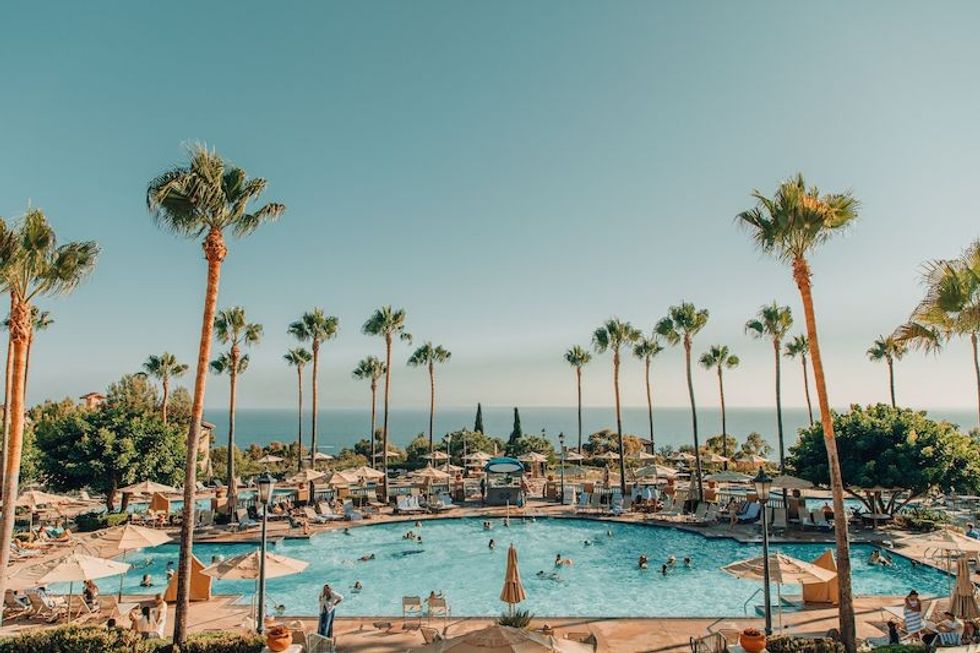
Enter: KOALA. Serving as a modernization of the timeshare transaction sphere, Kennedy says the site aims to clear the murky water that flows between owning and enjoying a timeshare, and wishing you could optimize its space when you're not using it.
It's a solution to a problem that Airbnb, lucrative as the service is, hasn't been able to address in the same way.
"Airbnb has this massive traveller audience, but it doesn't really fit the supply chain that is timeshare loops. So you don't really see timeshare owners leaning into this, and the ones that are... they're kind of hacking the system; they're not leaning into its strengths," Kennedy says. "As a result, the travellers aren't always guaranteed that accurate unit, because there's no way to verify them."
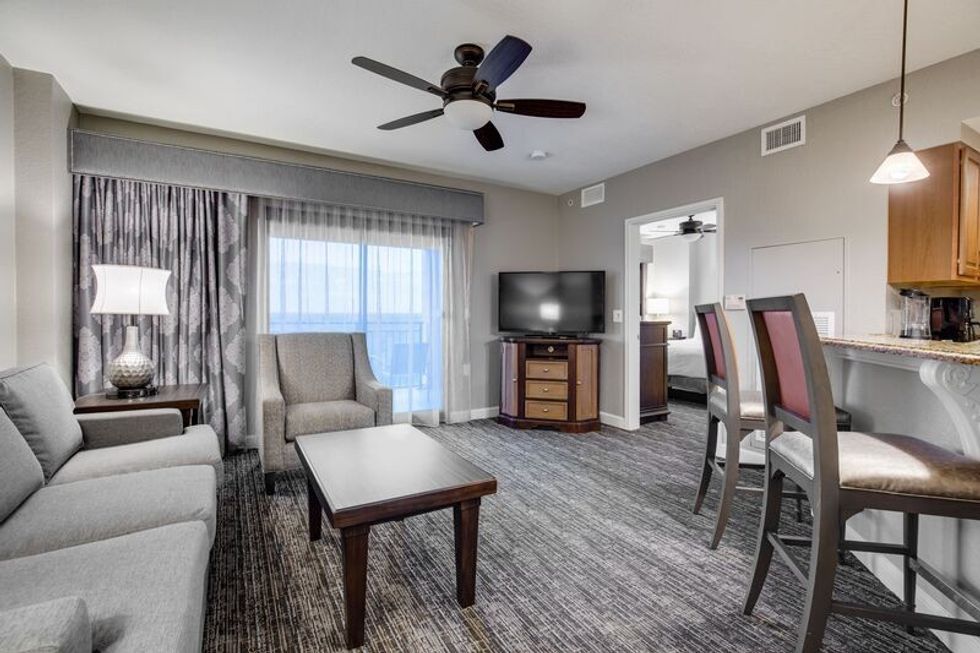
Operating on a commission-based model of 8% on successful rental transactions, KOALA's system allows timeshare owners to list not only their properties, but -- metaphorically -- a lot of the baggage that would typically come with renting out their spaces. If the rented room is in a Marriot, for example, it's the Marriot's cleaning protocols that will be carried out in advance of the traveller's arrival.
"One of the strengths this product has," Kennedy says, "is you get the sharing economy price without the sharing economy uncertainty of: who's this Joe guy, and why is he cleaning the house?"
The result is an ideal combination of the Airbnb and hotel experiences -- a combo that, Kennedy explains, particularly appeals to younger generations.
"The perception [of timeshares] was so negative from the early days," he says. "The product has evolved immensely in that mega brands (Marriot, Disney, and the like) are now the developers of the resort products, yet they're still kind of reliant on the same tactics for ownership protocols as they were in the '70s and '80s. So for those reasons, you have better products, with these ownership constructs that don't really resonate with younger audiences."
Meanwhile, Kennedy says, the industry continues to grow, with individuals predominately from the boomer generation buying more timeshares, compounding the issue of supply being sold to people who, soon enough, won't be using the spaces they're paying for.
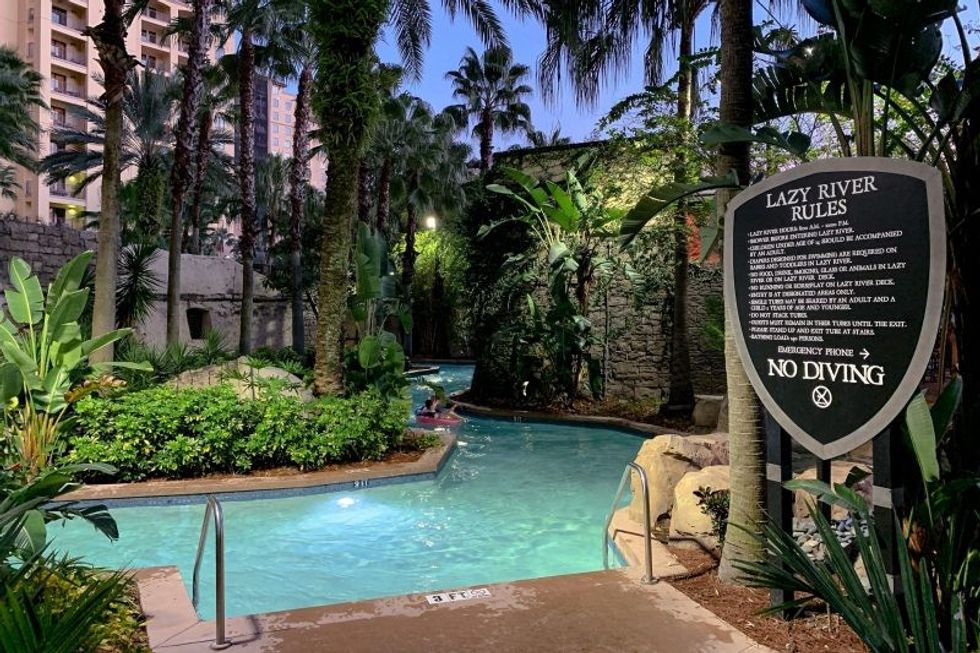
And it makes sense that KOALA is looking to younger generations as key players in the continuation -- or perhaps the rescue -- of the timeshare industry's well-being. Fresh-faced itself, the company launched in August of 2019, and secured the last of their initial funding just before the pandemic forced a shutdown on international travel.
The impact of this timeline could have been problematic, but Kennedy says instead, the last 11 months have allowed for more time to look at all that's "going on under the hood," alongside acquiring inventory and connecting with owners.
"We're learning best practices in this market; that is going to make us -- not by any means invincible -- but much stronger moving forward," he says.
When we offered a comparison to learning to drive in a snowstorm so that, come summer, cruising down the road would feel that much easier, Kennedy concurred.
"I'll double down on that," he laughed. "I learned to drive in New York City!"

While Kennedy and KOALA are both are based in Brooklyn, he speaks -- with confidence and excitement -- about the promise of expansion.
"We are remaining focused just on marketing efforts and technology efforts, but the second we dial that in, we are 100% going to expand. There are beautiful timeshares in Canada. One of my favourite trips ever, I stayed in a timeshare in Banff, and it was just... mind-blowingly gorgeous," he said. "We will be expanding. There are great properties all over Asia... all over Europe."
But, while individuals will certainly need to wait until international travel is permitted again, travellers don't need to wait for KOALA to land in their city before they can participate in the online marketplace.
"It's a completely global platform. We've designed it with currency exchanges built in, and that was very intentional because the micro-market that exists today for timeshare rentals are very small, and very insecure," Kennedy says.
Describing the current timeshare sphere as akin to "Craigslist 20 years ago," wherein a traveller will find an owner online and work out a price, Kennedy acknowledges that simply isn't going to work for people looking to visit the United States from, say, overseas.
"As a result, you don't really have that accessibility for people who may want to come to the states from Asia, or from Canada even," he says. "We're really aggregating that supply in a way nobody else has, to really make it comfortable from anywhere in the world."
Owners, too, are reportedly hailing from all over -- Canada included. And it's free for both owners to list their timeshare properties, and for travellers to browse their rental options through the online platform. So, for any Canucks who have been wracking their brains through this pandemic, trying to work out how to make use of (or make money from) their empty timeshare down in Arizona: take heart.
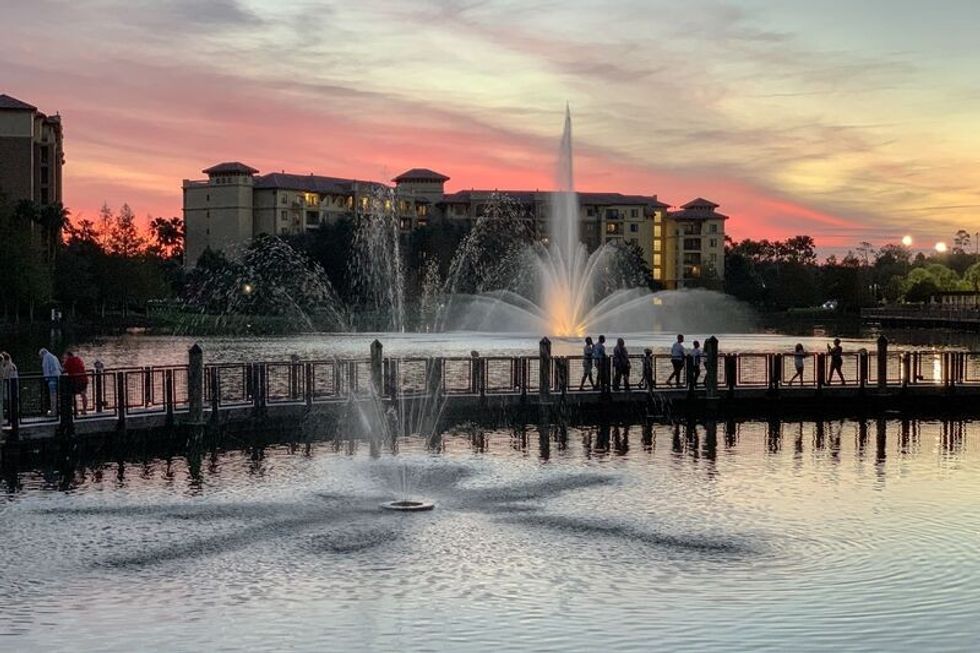
Kennedy emphasizes that overall, KOALA wants to present timeshares -- a product that may, for some time now, have been perceived as somewhat tired -- in a way that resonates with a younger audience. This doesn't even need to be from an ownership perspective, he says, but whatever way suits them best, and provides a modernized feel, with a simplified process and alleviated commitment.
"We've always set out to solve problems for this timeshare-owner base that's 22 million strong. It's hiding in plain sight; you know, most people that are younger don't even realize they still exist, yet it's a $20 billion per year industry," Kennedy says.
"I'm really looking forward to redefining the category. It's funny because the sharing economy is so big in every other industry, and this is one of the of sharing economies that has never really gotten a dust off. That's something we're really looking to do."
